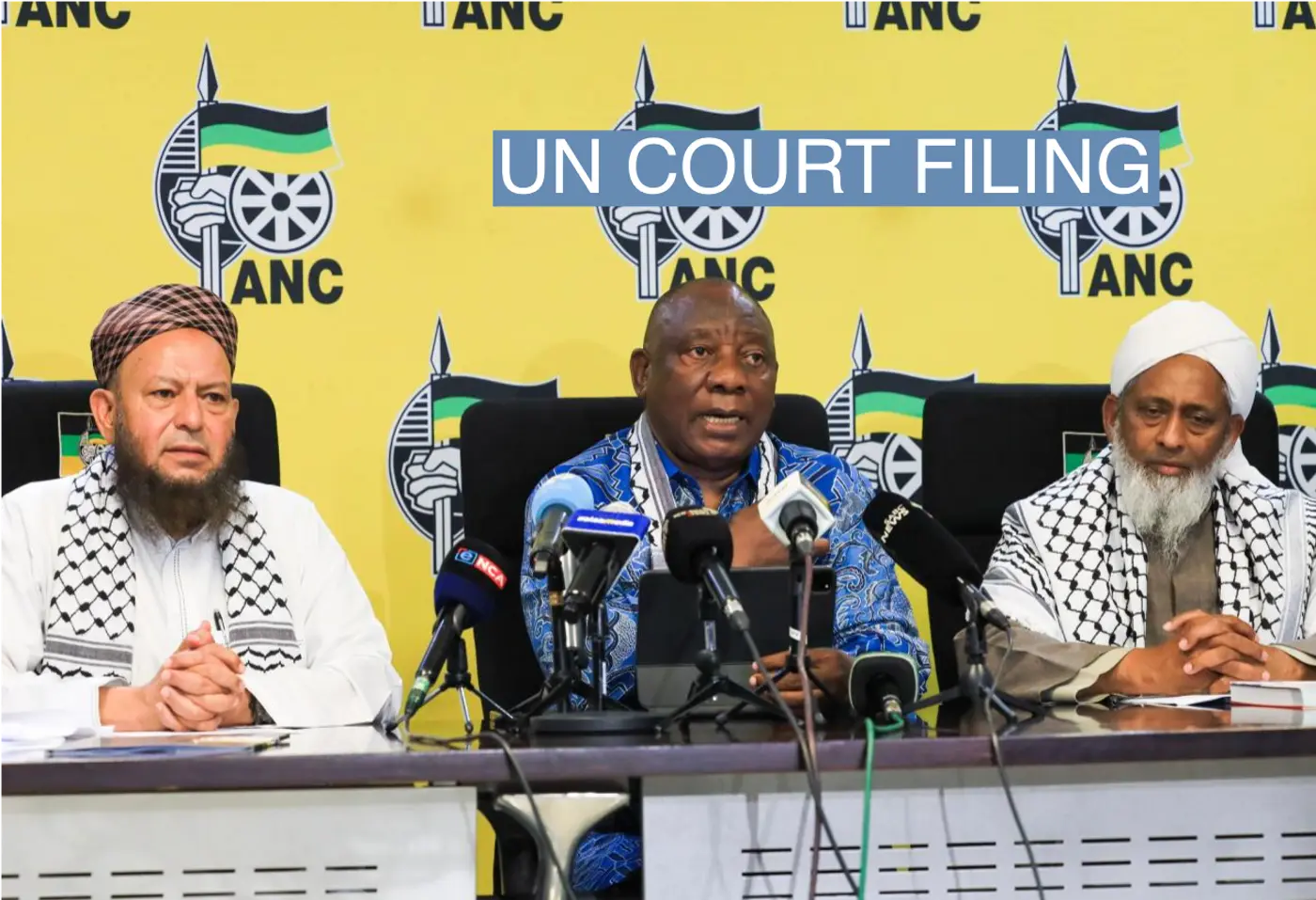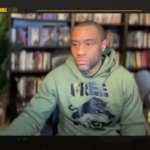South Africa’s decision to file a case against Israel at the International Court of Justice (ICJ) over genocidal acts in Gaza has sparked significant debate and marked a critical moment in international law. The 84-page suit, submitted on Dec. 29, accuses Israel of violating its obligations under the Genocide Convention. As the ICJ confirms receipt of the case, experts believe the outcome could have far-reaching implications for the Israeli government, its allies, and international efforts to address mass atrocities.
The Allegations and Evidence:
The suit details brutal practices that breach Israel’s obligations under the Genocide Convention, with a focus on Gaza. The evidence presented includes mass casualties exceeding 22,000, impediments to births due to damage to essential health services, destruction of homes, blockades preventing the provision of essential resources, and widespread expulsions and displacement of Gazans. The suit argues that these actions are intended to bring about the destruction of Palestinians as a group, violating the Genocide Convention’s definition of genocide.
Israeli Officials’ Statements:
The case points to statements made by Israeli officials, including Prime Minister Benjamin Netanyahu, as evidence of “genocidal intent.” Netanyahu’s comparison of Palestinians to the biblical story of the Amalek nation and his assertion that the fighting would be “deepened” despite a high civilian death toll are highlighted in the suit. These statements are considered by the plaintiffs as indicative of a deliberate intention to commit genocide.
Legal Implications:
Michelle Kelsall, a senior lecturer in international law at SOAS University in London, emphasizes that an ICJ ruling finding a “plausible risk” of Israel committing genocidal acts could lead to provisional measures, aligning with recent case law. The obligation to prevent genocide can be invoked even if the court does not determine that genocidal acts are currently occurring. The suit, therefore, could result in a push for a ceasefire agreement based on the perceived risk of genocide.
International Ramifications:
The case is seen as having broader implications beyond South Africa and Israel. Kelsall suggests that the ICJ’s pronouncement on obligations to prevent genocide may have ramifications for other states, including Israel’s allies like the US and the UK. The court’s consideration of factors such as geographical distance and political connections may place additional obligations on states to prevent genocide.
Israeli Response and Potential Consequences:
Israel’s Foreign Ministry condemned the case as a “despicable and contemptuous exploitation” of the ICJ, accusing South Africa of being “criminally complicit” in attacks by Hamas. Despite the condemnation, Israeli officials, including spokesperson Eylon Levy, confirmed the country’s intent to defend its practices at the ICJ. The appointment of Professor Malcolm Shaw to lead the defense indicates the seriousness with which Israel is approaching the case. The move has sparked speculation about potential sanctions and the impact on Israel’s standing on the international stage.
As the ICJ prepares for a hearing on Jan. 11 and 12, the case brought by South Africa against Israel stands as a pivotal moment in international law. The outcome of this legal battle could not only affect the Israeli government but may also influence the standing of the US and other allies internationally. The proceedings are closely watched, as they may set a precedent for addressing genocide on the international stage, emphasizing the importance of upholding human rights and preventing mass atrocities.



